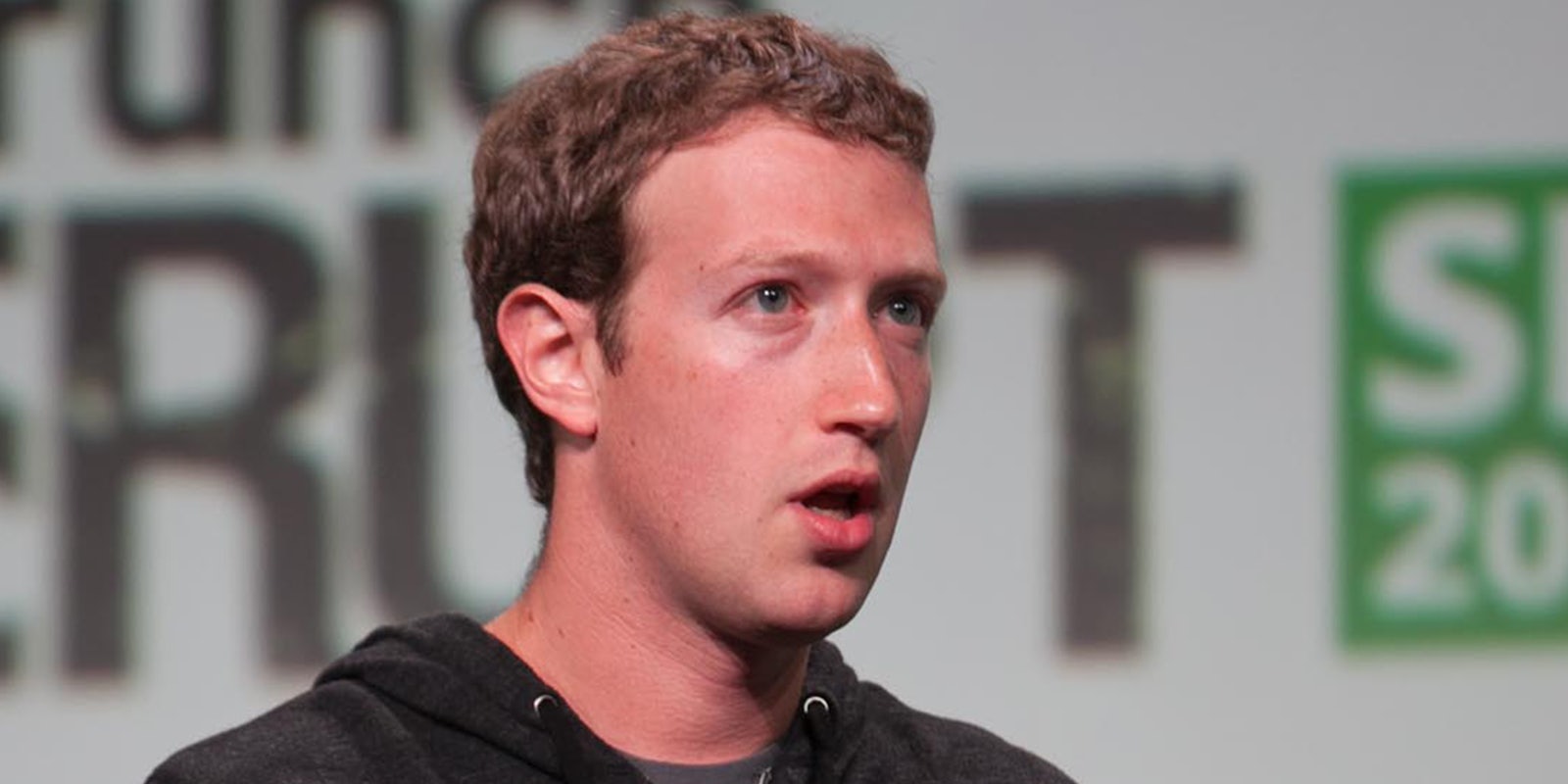As if Facebook didn’t have its tentacles sufficiently entrenched into your daily life, the social network has been working on a suite of connected home products. But following the Cambridge Analytica scandal, Facebook is rethinking its timeline for the hardware.
Bloomberg reported Tuesday that Facebook has decided to delay the launch of a set of smart home speakers that would come built-in with a digital assistant and video chatting capabilities. Facebook didn’t plan to ship the speakers until this fall but originally planned to show them off at the F8 developer conference in May.
“The devices are part of Facebook’s plan to become more intimately involved with users’ everyday social lives, using artificial intelligence,” according to Bloomberg.
It’s exactly what the public doesn’t want amid revelations that Facebook data was abused by third-party Cambridge Analytica during the 2016 presidential election. It also recently came to light that the company has been collecting call and text information from Android phone users. The news has pushed many Facebook users to delete their accounts in protest.
Facebook CEO Mark Zuckerberg has apologized for the scandal and even purchased full-page ads in both American and British newspapers. In those ads, Zuckerberg says that Facebook has “a responsibility to protect your information,” that it breached users’ trust, and that it is taking steps to make sure it never happens again.
As for its delayed speakers, Facebook is reportedly putting them under “a deeper review.” The social network wants to ensure that it’s making “the right trade-offs regarding user data.”
A pro-tip on behalf of the public: At this point in time, Facebook shouldn’t be considering any trade-offs with regards to user information. Smart home speakers are incredibly invasive devices to begin with. The only data that should be shared with third parties are ones explicitly granted by the user in order to better their experience, like sharing their location for more accurate weather and traffic forecasts.
If Facebook wants its smart speaker to succeed, it’s going to take work. Facebook will need to be very transparent about what data it collects and how it is used, and make its privacy controls straightforward. Even then, it’s possible that Facebook’s reputation is too far damaged for most to want to trust the company with an always-on listening device inside their homes.
Bloomberg reported in August that Facebook considered ditching the smart speaker idea altogether and focusing solely on its video chatting service. That may be a wise idea to revisit.
H/T Gizmodo


